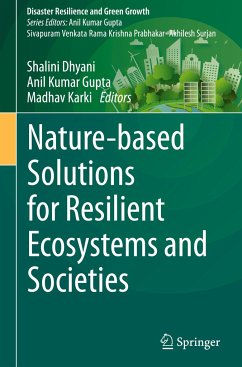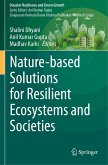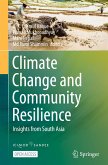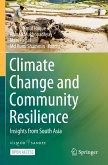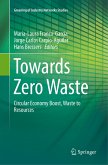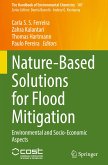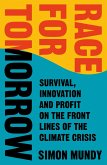Over the past few decades, the frequency and severity of natural and human-induced disasters have increased across Asia. These disasters lead to substantial loss of life, livelihoods and community assets, which not only threatens the pace of socio-economic development, but also undo hard-earned gains. Extreme events and disasters such as floods, droughts, heat, fire, cyclones and tidal surges are known to be exacerbated by environmental changes including climate change, land-use changes and natural resource degradation. Increasing climate variability and multi-dimensional vulnerabilities have severely affected the social, ecological and economic capacities of the people in the region who are, economically speaking, those with the least capacity to adapt. Climatic and other environmental hazards and anthropogenic risks, coupled with weak and wavering capacities, severely impact the ecosystems and Nature's Contributions to People (NCP) and, thereby, to human well-being. Long-term resilience building through disaster risk reduction and integrated adaptive climate planning, therefore, has become a key priority for scientists and policymakers alike. Nature-based Solutions (NbS) is a cost-effective approach that utilizes ecosystem and biodiversity services for disaster risk reduction and climate change adaptation, while also providing a range of co-benefits like sustainable livelihoods and food, water and energy security.
This book discusses the concept of Nature-based Solutions (NbS) - both as a science and as art - and elaborates on how it can be applied to develop healthy and resilient ecosystems locally, nationally, regionally and globally. The book covers illustrative methods and tools adopted for applying NbS in different countries. The authors discuss NbS applications and challenges, research trends and future insights that have wider regional and global relevance. The aspects covered include: landscape restoration, ecosystem-based adaptation, ecosystem-based disaster risk reduction, ecological restoration, ecosystem-based protected areas management, green infrastructure development, nature-friendly infrastructure development in various ecosystem types, agro-climatic zones and watersheds. The book offers insights into understanding the sustainable development goals (SDGs) at the grass roots level and can help indigenous and local communities harness ecosystem services to help achieve them. It offers a unique, essential resource for researchers, students, corporations, administrators and policymakers working in the fields of the environment, geography, development, policy planning, the natural sciences, life sciences, agriculture, health, climate change and disaster studies.
This book discusses the concept of Nature-based Solutions (NbS) - both as a science and as art - and elaborates on how it can be applied to develop healthy and resilient ecosystems locally, nationally, regionally and globally. The book covers illustrative methods and tools adopted for applying NbS in different countries. The authors discuss NbS applications and challenges, research trends and future insights that have wider regional and global relevance. The aspects covered include: landscape restoration, ecosystem-based adaptation, ecosystem-based disaster risk reduction, ecological restoration, ecosystem-based protected areas management, green infrastructure development, nature-friendly infrastructure development in various ecosystem types, agro-climatic zones and watersheds. The book offers insights into understanding the sustainable development goals (SDGs) at the grass roots level and can help indigenous and local communities harness ecosystem services to help achieve them. It offers a unique, essential resource for researchers, students, corporations, administrators and policymakers working in the fields of the environment, geography, development, policy planning, the natural sciences, life sciences, agriculture, health, climate change and disaster studies.

